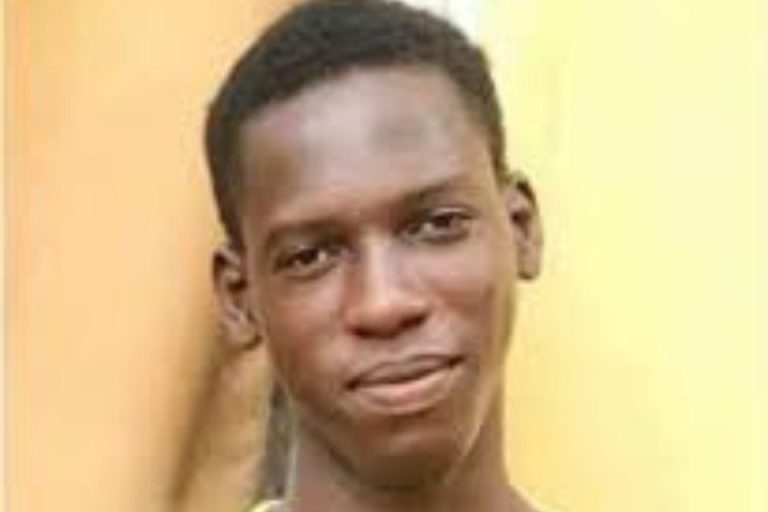Stallion Times Media Service has held a workshop for journalists on how to better and appropriately report on disability to boost their efficiency in giving adequate publicity to issues concerning the physically challenged within their communities.
No fewer than 40 journalists drawn from print, electronic and online mediums participated in the workshop which was held in Lokoja, the Kogi State capital.
In his goodwill message, Adeiza Momoh-Jimoh, the Chairman of the Nigeria Union of Journalists (NUJ) Kogi State Council commended Stallion Times Media Service for conducting the training in the critical area of reporting disability. He gave that the workshop will be useful for the participant to impact on the lives of the physically challenged.
Also speaking at the workshop, Isiyaku Ahmed, the Project Coordinator of Stallion Times Media Service noted that the initiative is aimed at giving equal opportunities to both the able-bodied and the physically challenged in their respective reportage, adding that the training is necessary because of the common and negative stereotypes of persons with disabilities which have penetrated the public, the media, and the governance eco-system in Kogi and other states of Nigeria.
He noted that the broad objectives among others are to promote issues-focused reporting on Disability to gain prominence in the mainstream media that would influence national action towards disability, to train journalists to report on issues affecting People Living With Disability (PLWD) for print, broadcast, and digital media, and to engage journalists to report on PLWD’s issues in ways that highlight their concerns on everyday happening.
He added that despite the challenges the media face in terms of funding and poor capacity, the media is in a unique position to reshape the public image and improve the living condition of persons with disabilities through research and proper reporting of critical issues that affect disabilities in Nigeria.
According to him: “Our standpoint is that journalists have a role to play in the media space to professionally increase the representation of PLWDs, and reinforce positive thinking rather than portray PLWDs in stigmatizing ways, as objects of pity, or as mere Statistics”.
He emphasized that in view of this and in recognition of media, its contribution towards promoting gender and social inclusion in governance and driving professionalism in the media space Stallion Times Media Services invited media practitioners to the knowledge transfer training, to share experience, participate actively, learn and report these issues to make the state a better place for minority and marginalized groups.
Mr. Ahmed pointed out that the training was meant to provoke positive action that would amplify and make good issues of disability in Kogi State and Nigeria through investigative reports.
In addition, he said that the goal was to build the capacity of media practitioners in disability-inclusive reporting with the hope that it will be brought to the forefront to prompt government action for improved service delivery.
Mr. Anselem Okolo, a resource person at the training described the social responsibility role of journalists as very tasking and sensitive, saying “what you do as journalists is difficult, sensitive and that is why the job is not for lazy and unintelligent. What you do is very important to the society”.
“To succeed in journalism practice, you must be hardworking and ready to even do extra jobs”.
A participant, Ishaq Dan-Imam of the Voice of Nigeria who is also living with a disability urged journalists to write stories that will reveal the ability of disability in human endeavours in places of work and the academics.
He also called on journalists to write feature stories that encourage marriages between abled persons and persons with disability in society to promote integration.
= = = = = = = = = = = = = = = = = = = =






